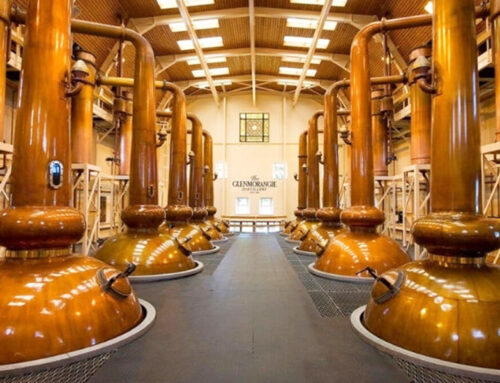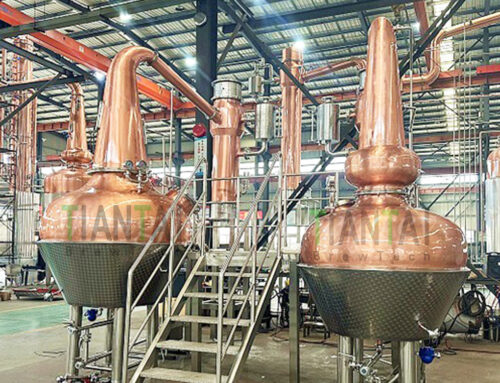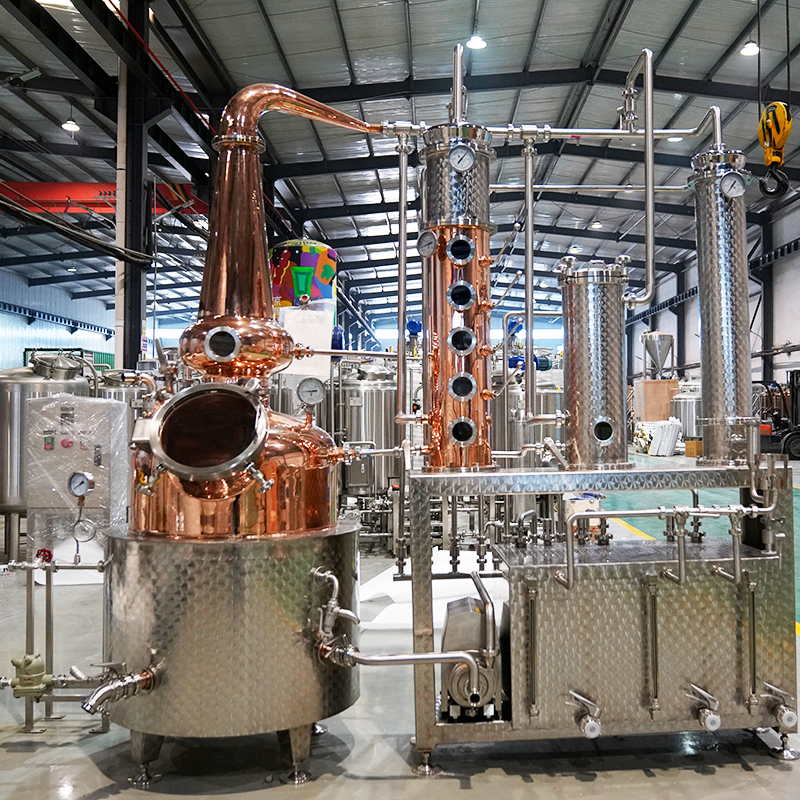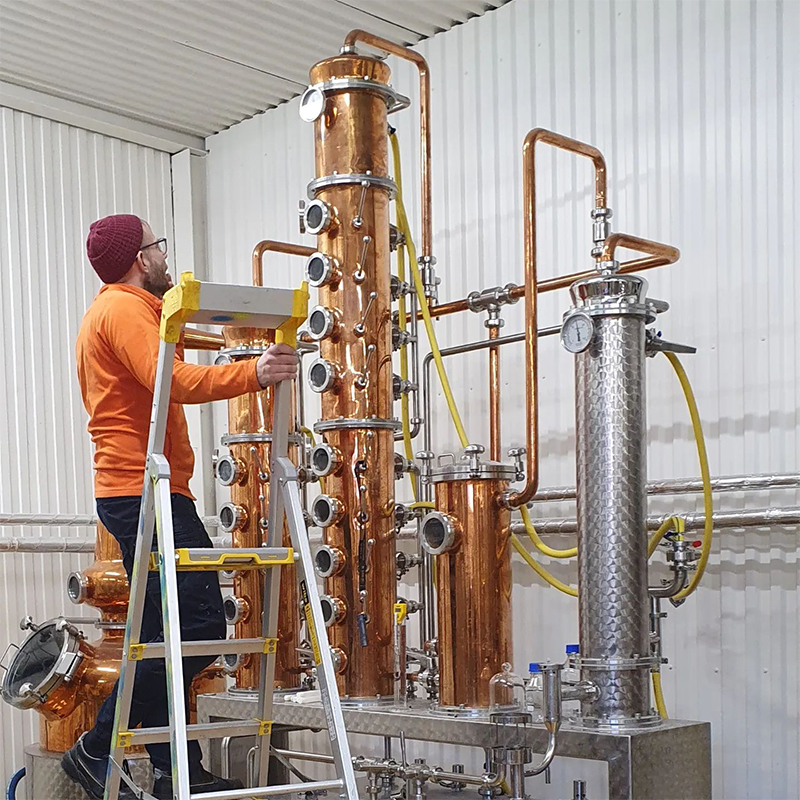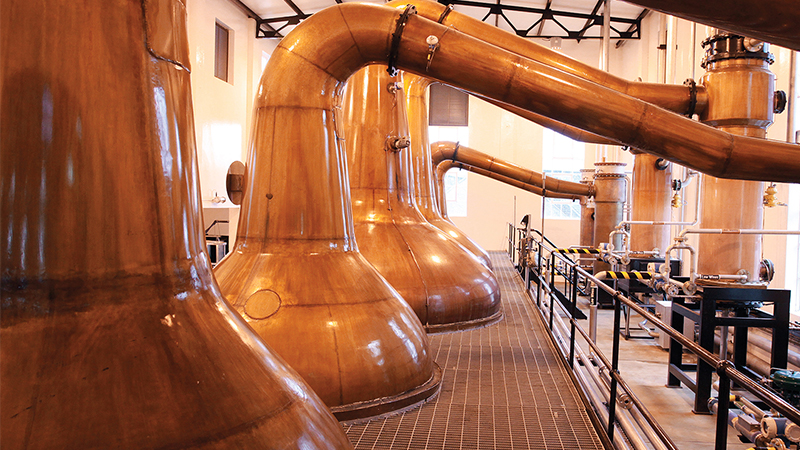
Why is the Pot Still Better?
In the world of spirits, the method of distillation is as crucial as the ingredients themselves. Distillation not only defines the character of the final product but also determines its quality. Among the various methods of distillation, the pot still is often heralded as superior, especially in the production of certain types of spirits like whiskey, rum, and brandy. But what makes the pot still better?
1. Craftsmanship and Tradition
Pot stills have been used for centuries and are deeply rooted in the traditions of spirit-making. This method is time-honored, passed down through generations, and has a legacy that many modern distillers aim to preserve. The craftsmanship involved in operating a pot still requires skill and experience, which often results in a more carefully curated product. Unlike continuous stills, which can produce large quantities of spirit at a faster rate, pot stills demand more attention to detail, making each batch unique.
2. Flavor Profile
One of the most significant advantages of using a pot still is the depth and complexity of flavor it imparts to the spirit. Pot stills operate in batches, allowing for greater control over the distillation process. This control is crucial for developing the rich, nuanced flavors that characterize high-quality spirits.
The design of the pot still, typically made of copper, plays a vital role in this. Copper interacts with the vapor during distillation, removing unwanted sulfur compounds that can create off-flavors in the final product. This interaction not only refines the spirit but also contributes to the development of a more robust and layered flavor profile. As a result, spirits distilled in pot stills often have a richer mouthfeel and more pronounced aromatic qualities.
3. Retention of Character
Pot stills are particularly valued for their ability to retain the character of the original ingredients. Since the distillation process is slower and conducted in small batches, the essence of the raw materials—whether it be grains, fruits, or sugarcane—remains more intact. This allows the unique characteristics of each batch to shine through in the final spirit, offering a true reflection of the terroir and craftsmanship behind it.
In contrast, continuous stills, designed for efficiency and volume, often strip the spirit of these subtleties, leading to a more uniform and sometimes less distinctive product. For connoisseurs who appreciate the individuality and artisanal quality of a spirit, the pot still is undoubtedly superior.

4. Artisanal Appeal
The rise of the craft spirits movement has rekindled interest in traditional methods of production, with many small-scale distillers opting for pot stills to create authentic, handcrafted products. The pot still’s artisanal appeal lies in its ability to produce spirits that are not just beverages but expressions of culture, history, and artistry.
Small distilleries often use pot stills because they align with the values of craftsmanship, quality over quantity, and a deep connection to the product. For these producers, the pot still is not just a tool but a symbol of their commitment to excellence.
5. Versatility in Production
While pot stills are more labor-intensive and time-consuming compared to continuous stills, they offer unmatched versatility. Pot stills allow distillers to experiment with different ingredients, fermentation techniques, and distillation methods. This flexibility enables the creation of a wide range of spirits, each with its unique profile.
For example, in whiskey production, pot stills are essential for creating single malt scotch, known for its complex flavors and rich heritage. Similarly, in the production of brandy and rum, pot stills are favored for their ability to retain the essence of the base ingredients, producing spirits with depth and character.
While continuous stills have their place in the spirits industry, particularly for producing large volumes of consistent product, the pot still remains the gold standard for those who prioritize flavor, character, and craftsmanship. The slow, deliberate process of pot still distillation allows for greater control over the final product, resulting in spirits that are not only rich in flavor but also deeply reflective of their origins.

